
Compare the best Personal Loan quotes. Check your eligibility today!
- Get affordable interest rates and quotes in minutes
- Quick approval and disbursement
- Comparing loans won't harm your credit score
Representative example: assumed borrowing of £10,000.00 over 48 months at a nominal annual rate of 8.37% (fixed) would result in a representative rate of 8.7% APR, 48 monthly repayments of £245.88, total amount repayable is £11,802.24. Credit available subject to status.
Monefi is a credit broker not a lender. You must be 18 or over and a UK resident.
Lenders
Compare Personal Loan quotes from 8+ major UK Lenders.
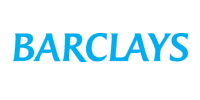

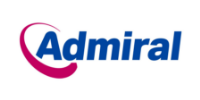
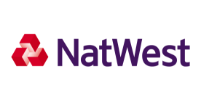

What is a Personal Loan?
A personal loan is a type of loan provided by banks, credit unions, or online lenders that allows individuals to borrow a fixed amount of money for various personal expenses, such as debt consolidation, home improvement, or unexpected bills.
Unlike secured loans, personal loans typically do not require collateral.

Do I need a Personal Loan?
The decision to take out a personal loan depends on your financial circumstances and the intended use of the funds. Personal loans serve various purposes, such as:
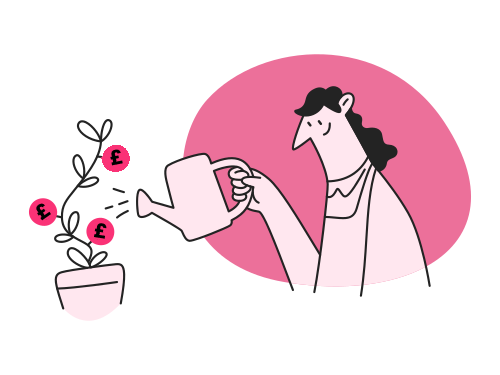

Consolidating High-Interest Debt:
A personal loan to consolidate and manage high-interest debts more effectively.

Covering Unexpected Expenses:
Personal loans for unexpected financial obligations arise.

Financing Major Purchases:
Whether it’s a significant purchase or a home improvement project, personal loans can provide the necessary funds.
Experts say:
Before applying for a personal loan, it's important to evaluate your financial requirements and your capacity to repay the loan. Make sure it aligns with your financial goals and budget.
What are the pros and cons of unsecured personal loans?
Pros
- No collateral required
- Flexible use of funds.
- Fixed monthly payments.
- Predictable interest rates.
- Potential for improving credit.
Cons
- Higher interest rates compared to secured loans.
- Approval depends on creditworthiness.
- May have origination fees.
- Unsuccessful applications can impact credit.
- Overborrowing can lead to financial strain.


How much can I borrow with a personal loan?
Typically, personal loans borrowing amounts range from £1,000 to £50,000. The specific amount you can access depends on your credit score and your ability to make repayments. Keep in mind that certain larger, low-interest loans may only be accessible to existing customers. When determining the suitable loan amount, it’s crucial to factor in the Annual Percentage Rate (APR). The APR represents the total cost of borrowing funds over the course of a year, encompassing the loan interest and any additional fees like an annual charge.
It’s worth noting that the most favourable APRs are typically reserved for individuals with excellent credit ratings. Therefore, the APR you’re offered when applying may differ from the advertised rate unless it’s specifically described as a guaranteed APR. Remember, it’s wise to borrow only what you genuinely need. While a lower interest rate might make a larger loan seem appealing, borrowing more than necessary will result in higher overall payments.
Can I get a Personal Loan with bad credit?
While it’s more challenging to obtain a personal loan with bad credit, it’s not impossible. Some lenders specialise in bad credit loans, but they often come with higher interest rates. In either cases, you can request a quote below and get the most affordable option for your personal loan request.
Improving your credit score, providing a co-signer, or considering secured personal loans are potential strategies to secure a loan with better terms.
The lady who I spoke to was brilliant. She was lovely and pleasant whilst being professional and fully informative. She was not pushy at all. She certainly had the right attitude and was engaging. If everyone was like her it would be perfect.

Christine Notley
This was the easiest transaction I’ve had in a long time, the customer service was amazing and very helpful and nice to talk with, would highly recommend the company to friends family etc, fantastic customer service. 5 stars from me.

Zoe Mary Hall
Mr Gower was very professional and found the right cover for me. He was polite and engaged in conversation, explained everything easily.

Callum Dobson
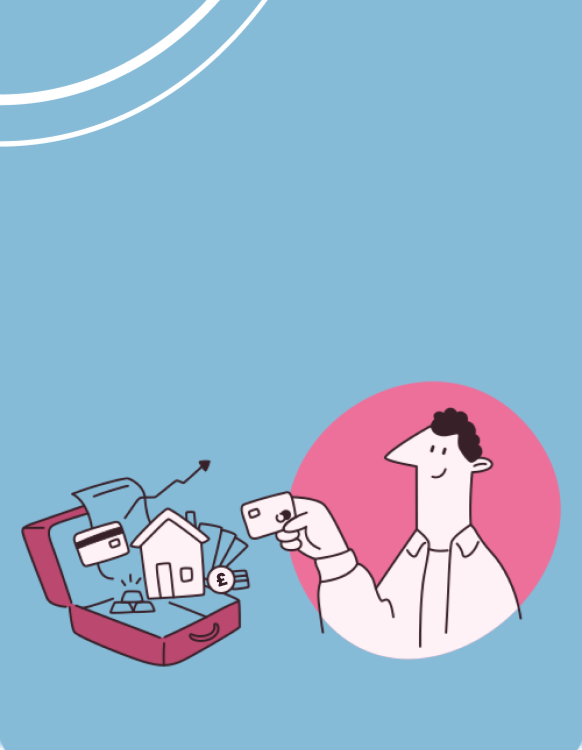
Frequently Asked Questions
When applying for a personal loan, you will typically need the following details and documents:
– Personal identification (e.g., driver’s licence or passport)
– Proof of income (e.g., pay stubs or tax returns)
– Employment details
– Bank account information
– Social Security number
– Information about existing debts and financial obligations
Having these details ready can streamline the application process.
Yes, you can usually repay your personal loan early. Many lenders allow early repayment without penalties, but it’s essential to check your loan agreement for any prepayment terms. Repaying your loan early can save you money on interest and help you become debt-free sooner.
Whether you should get a personal loan or a credit card depends on your financial needs and preferences. Here are some factors to consider:
- Personal Loan: Suitable for larger expenses with a fixed repayment schedule and potentially lower interest rates. Ideal for debt consolidation, home improvement, or major purchases.
- Credit Card: Offers revolving credit with minimum monthly payments. Suitable for smaller ongoing expenses and provides flexibility in managing your spending. May have higher interest rates.
Choose the option that aligns with your financial goals and the type of expense you need to cover.
When applying for a personal loan, you will typically need the following details and documents:
– Personal identification (e.g., driver’s licence or passport)
– Proof of income (e.g., pay stubs or tax returns)
– Employment details
– Bank account information
– Social Security number
– Information about existing debts and financial obligations
Having these details ready can streamline the application process.
Yes, you can usually repay your personal loan early. Many lenders allow early repayment without penalties, but it’s essential to check your loan agreement for any prepayment terms. Repaying your loan early can save you money on interest and help you become debt-free sooner.
Whether you should get a personal loan or a credit card depends on your financial needs and preferences. Here are some factors to consider:
- Personal Loan: Suitable for larger expenses with a fixed repayment schedule and potentially lower interest rates. Ideal for debt consolidation, home improvement, or major purchases.
- Credit Card: Offers revolving credit with minimum monthly payments. Suitable for smaller ongoing expenses and provides flexibility in managing your spending. May have higher interest rates.
Choose the option that aligns with your financial goals and the type of expense you need to cover.






